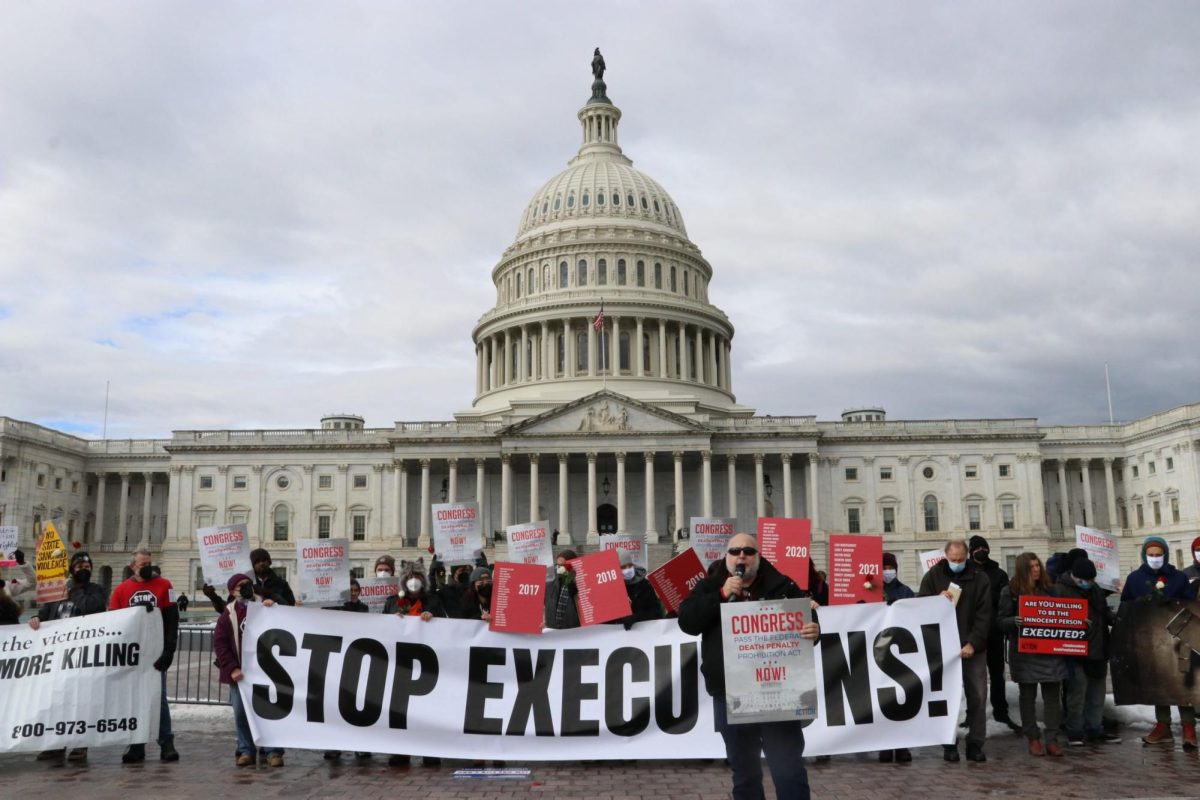On September 24, 2024, Marcellus Williams, 55, was executed in Missouri through lethal injection after spending over 24 years of his life on death row for the murder of St. Louis journalist Felicia Gayle.
Now, we say his name using a past tense.
The way Mr. Williams’s fight for justice could’ve ended was cut by the U.S Supreme Court. After Missouri government turned down his stay of execution, the final word was left on them to decide for his future. Six of the nine judges agreed to let the execution proceed, marking a final decision.
The United States death penalty system has a lengthy history of innocent people being treated like animals and executed under the their system including individuals like Carlos Deluna, Larry Griffin and others. Despite their innocence, their voices were and are silenced by the unjust law enforcement system of the U.S.
Methods like lethal injection, electric chair, electrocution, and even hanging are all used in the U.S. While some proven murderers have been executed this way like Timothy McVeigh, the 1995 Oklahoma City bomber, it’s not always like that. Because, 4.1% of people currently on death row are likely to be innocent according to the National Academy of Sciences . Yet, to some, these are just meaningless numbers – a mindset that’s only dehumanizing an already broken system. Is it bad enough that this has been deemed an innocence epidemic?
No matter what, despite at attempts of having their voices silenced, these names will be remembered by those who spoke out against the injustices. Because, these aren’t just statistics. They’re lives.
Today, people like Richard Glossip are being detained and sentenced on the death row, again, despite being innocent. Over the years, there have been countless iniatives to remove the death penalty as a whole or serve justice for those who have been innocent yet still executed, such as several legislative initiatives in states like Kentucky and organizations like the Death Penalty Action, the Innocence Project, the Death Penalty Information Center, and most notably the Equal Justice Initiative. Yet, the system persists. But this should not discourage us to do something about it. While it seems like we cannot do anything about this issue, every initiative matters, no matter how big or small.
We must continue this fight for a future where lives aren’t constantly being lost to this prejudiced system. And most importantly, we must remember the names of those who were taken so soon – and never forget them.



